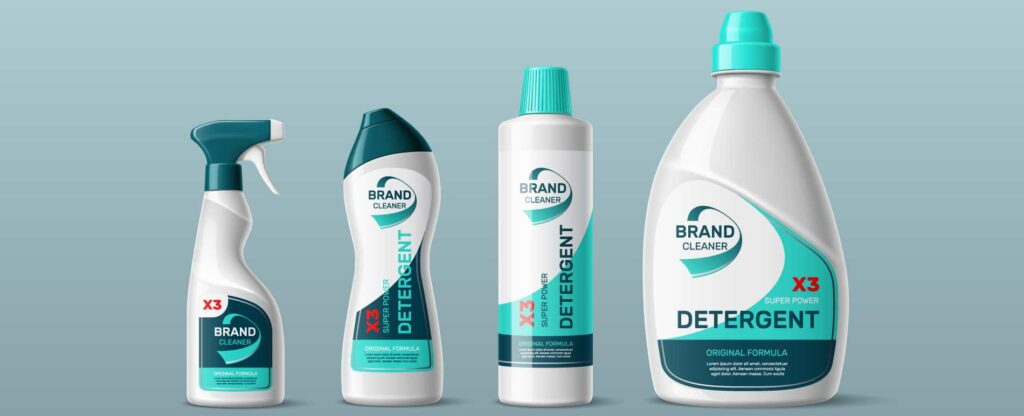Post-consumer resin, known in the recycling industry as PCR, comes from recycling plastic. Typically, this might be the single-use plastic that is used by shipping companies, bottles, clamshells, and plastic bags. These plastics may be found on land, and on our beaches and in our oceans.
The Government of Canada (GoC) recently set targets to encourage industry to put PCR into more net-new plastic manufacturing. The goal is to offset our overall carbon footprint (to meet our obligations under the Paris Climate Agreement). By 2030, the GoC would like to see plastic products contain 50% recycled content.
Environment and Climate Change Canada (ECCC) worked with industry to learn how realistic this might be. Their studies found that most of the cost of using PCR lies in the initial recycling of the plastics and the creation of the PCR pellets. Once the plastic has been reclaimed, and the PCR created, the cost incurred by packaging producers is relatively the same as the cost of brand new plastic pellets.
Recycling takes staff and machinery to gather the used plastics, transport them to the recycling facility, and process them into PCR. And, when you think about the energy use, wastewater, and other industrial contaminants created by new plastics production, using recycled materials is much less harmful to our world. PCR also reduces the plastic going into landfills.

We’re Your Partner In Recycling Plastic
Recycle your household, commercial, and industrial materials at Kelowna Recycling today! For more information about general materials recycling, Drop-Off Recycling, and our recycling pickups, contact us today!
